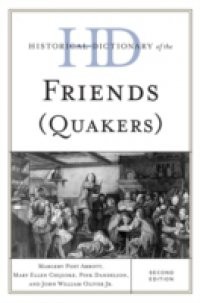The modern reputation of Friends in the United States and Europe is grounded in the relief work they have conducted in the presence and aftermath of war. Friends (also known as Quakers) have coordinated the feeding and evacuation of children from war zones around the world. They have helped displaced persons without regard to politics. They have engaged in the relief of suffering in places as far-flung as Ireland, France, Germany, Ethiopia, Egypt, China, and India. Their work was acknowledged with the award of the Nobel Peace Prize in 1947 to the American Friends Service Committee (AFSC) and the Friends Service Council of Great Britain. More often, however, Quakers live, worship, and work quietly, without seeking public attention for themselves. Now, the Friends are a truly worldwide body and are recognized by their Christ-centered message of integrity and simplicity, as well as their nonviolent stance and affirmation of the belief that all peoplewomen as well as menmay be called to the ministry.The expanded second edition of the Historical Dictionary of the Friends (Quakers) relates the history of the Friends through a chronology, an introductory essay, an extensive bibliography, and over 700 cross-referenced dictionary entries on concepts, significant figures, places, activities, and periods. This book is an excellent access point for scholars and students, who will find the overviews and sources for further research provided by this book to be enormously helpful.

